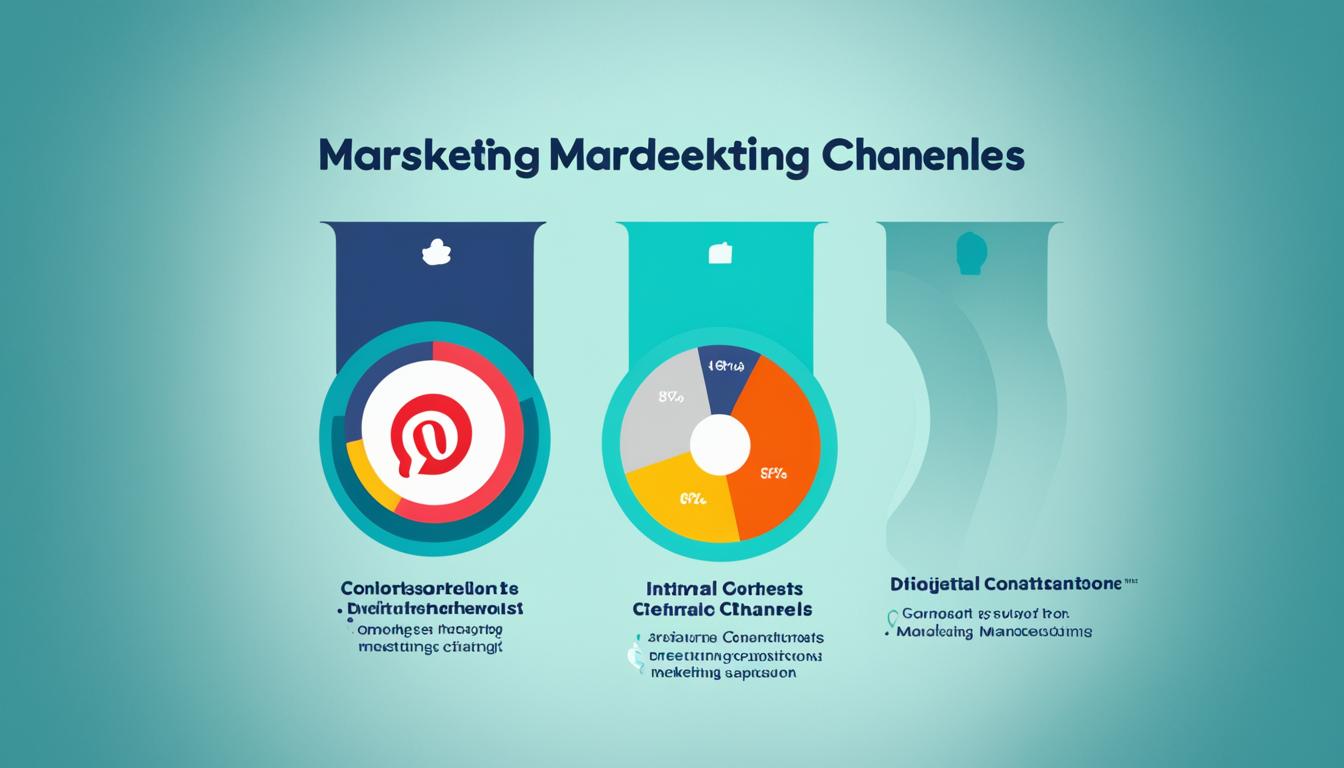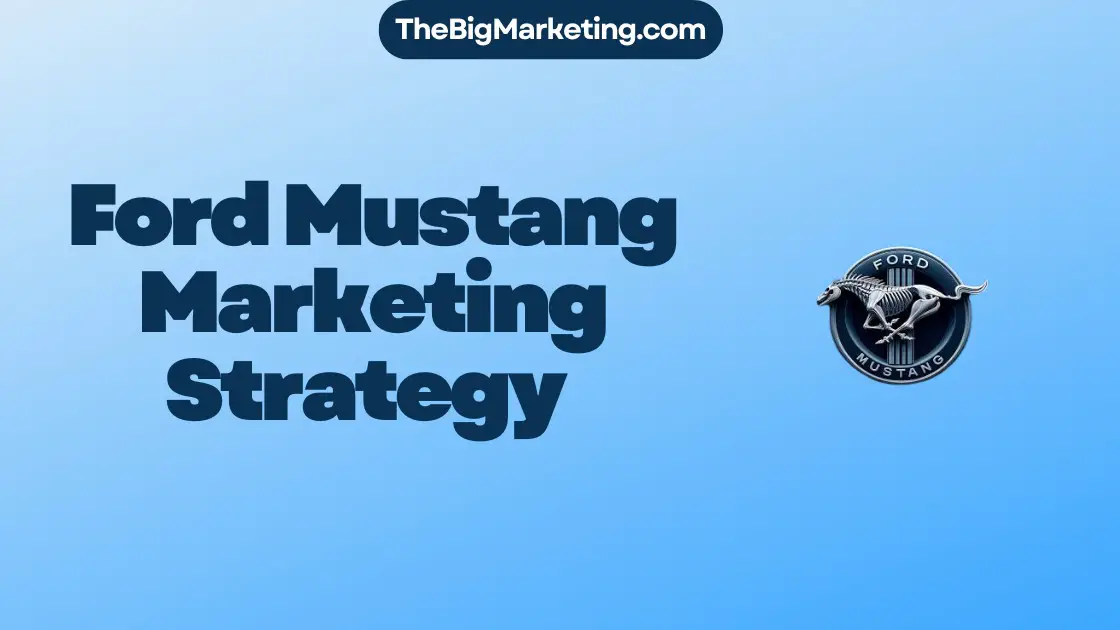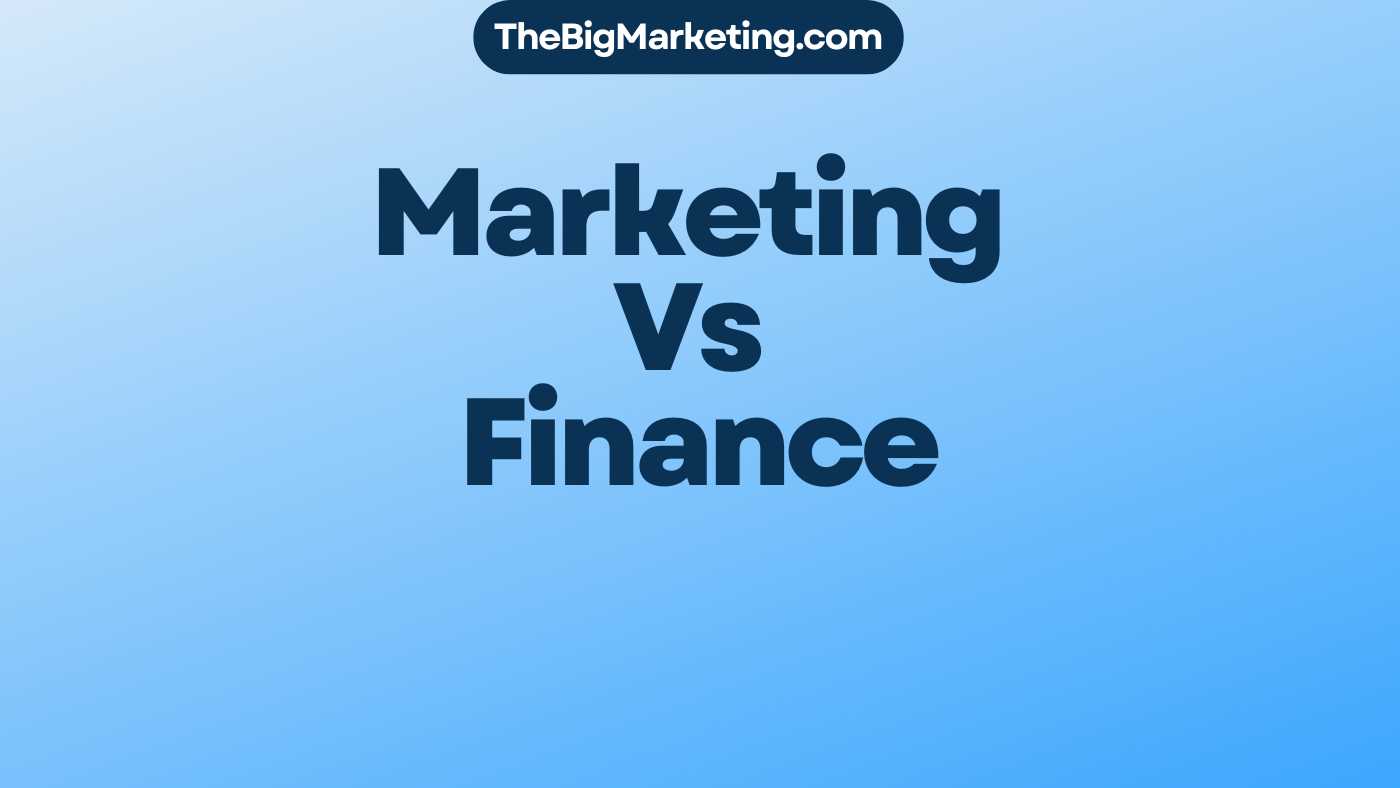In the ever-evolving insurance industry, it is crucial for insurance companies to adopt effective marketing strategies to stay competitive and connect with customers. As we look ahead to 2024, it is clear that digital marketing will continue to play a prominent role in insurance marketing strategies. With the rise of technology and changing consumer behavior, insurance companies need to leverage digital channels and techniques to reach their target audience effectively.
One of the key aspects of insurance marketing in 2024 is digital insurance marketing. This involves utilizing various online platforms and tools to promote insurance products and services. From social media marketing to email marketing, insurance companies can engage with their audience and generate leads through targeted digital campaigns.
Insurance lead generation is another critical strategy for insurance companies in 2024. Generating high-quality leads is essential for sales and business growth. With the right lead generation techniques, insurance companies can connect with potential customers who are actively seeking insurance coverage.
Content marketing is a powerful tool that insurance companies can utilize to educate and engage their target audience. By creating valuable and informative content, such as blog posts, articles, and videos, insurance companies can establish themselves as industry experts and build trust with their prospects.
Social media marketing is another key component of insurance marketing strategies in 2024. With millions of users active on platforms like Facebook, Instagram, Twitter, and LinkedIn, insurance companies have the opportunity to reach a wide audience and create brand awareness.
Email marketing continues to be an effective marketing strategy for insurance companies. By sending personalized and relevant emails to their subscribers, insurance companies can nurture leads, promote their products, and maintain ongoing communication with their customers.
Search Engine Optimization (SEO) is crucial in ensuring that insurance companies’ websites rank high in search engine results. By optimizing their websites with relevant keywords, meta tags, and quality content, insurance companies can attract organic traffic and increase their online visibility.
PPC advertising allows insurance companies to target specific keywords and demographics when displaying ads. This form of online advertising can be highly effective in generating leads and driving traffic to insurance companies’ websites.
Video marketing is an engaging and visually impactful way for insurance companies to deliver their messages. By creating informative and captivating videos, insurance companies can effectively communicate with their target audience and showcase their products and services.
Influencer marketing can also be a powerful strategy for insurance companies in 2024. By partnering with influential individuals or experts in the insurance industry, companies can leverage their credibility and reach to promote their products and services.
Key Takeaways:
- Digital insurance marketing is crucial for insurance companies in 2024.
- Lead generation strategies help connect with potential customers seeking insurance coverage.
- Content marketing establishes insurance companies as industry experts and builds trust with prospects.
- Social media marketing reaches a wide audience and creates brand awareness.
- Email marketing nurtures leads, promotes products, and maintains customer communication.
Embracing Digital Transformation Through Software
Digital transformation is a key component of successful insurance marketing strategies in 2024. To stay competitive in the ever-evolving insurance industry, agencies must embrace technologies that enable them to adapt to changing customer demands and market trends. This includes adopting insurance CRM software, leveraging insurtech solutions, implementing insurance management systems, and harnessing the power of insurance data analytics.
By incorporating these digital tools into their operations, insurance agencies can achieve multiple benefits. Firstly, insurance CRM software allows agents to efficiently manage customer information, track interactions, and deliver personalized experiences. This enhances customer satisfaction and loyalty, leading to increased sales and retention.
In addition, insurtech solutions provide innovative ways to streamline insurance processes, automate manual tasks, and improve operational efficiency. From claims management to policy administration, insurtech solutions revolutionize traditional insurance workflows, saving time and reducing errors.
Insurance management systems, on the other hand, provide a centralized platform for data and document management. These systems empower agencies to access critical information, streamline collaboration, and ensure compliance with industry regulations.
Utilizing Insurance Data Analytics to Drive Insights
Data analytics plays a crucial role in optimizing insurance marketing strategies. By leveraging advanced analytics tools and techniques, insurance agencies can gain valuable insights into market trends, customer behavior, and performance metrics. These insights enable agencies to make data-driven decisions, refine their product offerings, and deliver targeted marketing campaigns.
Insurance data analytics enables agencies to predict customer needs, anticipate market shifts, and identify opportunities for growth. With access to historical data and real-time analytics, agencies can proactively adjust their strategies and stay ahead of the competition.
Moreover, data analytics also enhances underwriting and risk assessment processes. By analyzing vast amounts of data, agencies can assess risks accurately, price policies accordingly, and improve overall profitability.
Implementing digital transformation through software not only enhances an agency’s online presence but also improves business operations and customer satisfaction. With the right tools and technologies, insurance agencies can effectively navigate the evolving landscape and deliver exceptional customer experiences.
| Benefits of Embracing Digital Transformation | Key Technologies for Insurance Digital Transformation |
|---|---|
| Enhanced customer satisfaction and loyalty | Insurance CRM software |
| Increased operational efficiency and productivity | Insurtech solutions |
| Improved data management and compliance | Insurance management systems |
| Data-driven insights for decision-making | Insurance data analytics |
Implementing Custom Insurance Software Solutions
Implementing custom insurance software solutions offers insurance companies a strategic advantage in today’s competitive landscape. These tailored solutions address the unique challenges and requirements of the insurance industry, resulting in improved operations, enhanced customer experiences, and greater adaptability to market changes.
When implementing custom insurance software, it is crucial to partner with experienced insurance software development companies that possess deep industry knowledge. These companies bring invaluable expertise to the table, ensuring that the software aligns seamlessly with industry regulations and surpasses customer expectations.
By collaborating with such companies, insurance companies can leverage their insurance industry expertise to design and develop cutting-edge software solutions that drive efficiency, streamline processes, and improve overall business performance.
Benefits of Custom Insurance Software Solutions
Custom insurance software solutions offer a multitude of benefits for insurance companies:
- Increased operational efficiency: Custom software streamlines insurance processes, automates repetitive tasks, and reduces manual errors, leading to improved efficiency.
- Enhanced customer experiences: Tailored software allows insurance companies to provide personalized services and streamline customer interactions, ultimately boosting satisfaction and loyalty.
- Better adaptability to market changes: Custom software can be designed to accommodate evolving market demands and regulations, ensuring that insurance companies stay ahead of the curve.
- Improved data management and security: Custom solutions enable robust data management, analytics, and security measures, protecting sensitive customer information.
- Seamless integration with existing systems: Custom software can be seamlessly integrated with existing platforms, minimizing disruption and ensuring a smooth transition.
Partnering with insurance software development companies that specialize in custom solutions empowers insurance companies to leverage the full potential of technology to drive growth, efficiency, and customer satisfaction.
Choosing Best Insurance Agency Management Software
When it comes to efficient insurance operations, selecting the right insurance agency management software is paramount. A comprehensive platform that offers robust features such as policy administration, claims tracking, customer management, and analytics can streamline your agency’s workflows, improve customer service, and increase overall efficiency.
An excellent option to consider is the Openkoda Policy Management System. With its customizable solutions, open-source core, and complete control over policy management, it provides insurance companies with an all-in-one toolkit that meets their specific needs. Openkoda Policy Management System empowers agencies to easily manage policies, track claims, and generate valuable analytics, enabling data-driven decision-making.
This insurance agency management software offers a range of features that enhance operational efficiency and customer satisfaction. Effective policy administration ensures accurate documentation, easy policy issuance, and streamlined underwriting processes. Claims tracking functionality allows for smooth claims processing, reducing delays and enhancing the overall claims experience for policyholders.
The analytics capabilities of Openkoda Policy Management System provide valuable insights into the performance of your agency’s policies, allowing you to identify trends, optimize pricing, and make data-driven business decisions. By leveraging analytics, insurance companies can achieve better risk management and underwriting practices, resulting in improved profitability and customer satisfaction.
Benefits of Openkoda Policy Management System:
- Customizability: Tailor the software to match your agency’s unique requirements and workflows.
- Open-source core: Openkoda’s open-source foundation ensures flexibility, scalability, and custom integrations.
- Policy management control: Gain complete control over policies, including issuance, renewals, and endorsements.
- All-in-one toolkit: One software solution for policy administration, claims tracking, customer management, and analytics.
In summary, the right insurance agency management software, such as the Openkoda Policy Management System, can revolutionize your agency’s operations. By choosing a comprehensive platform that offers policy administration, claims tracking, analytics, and customer management capabilities, you can enhance efficiency, improve customer service, and drive profitability.
| Features | Benefits |
|---|---|
| Policy administration | Streamlined documentation, easy policy issuance, and underwriting process. |
| Claims tracking | Efficient claims processing, reducing delays and improving claimant experience. |
| Analytics | Valuable insights for data-driven decision-making, optimizing pricing, and risk management. |
| Customer management | Improved customer service and personalized experiences. |
Leveraging Data Analytics
Data analytics plays a vital role in insurance marketing strategies. By analyzing historical data patterns, market trends, and consumer behavior, insurance agencies can predict future demand, make informed decisions about product offerings, and effectively meet consumer needs. Data analytics is made possible with the help of modern insurance software solutions and expertise.
Insurance data analytics involves collecting and analyzing vast amounts of data to gain valuable insights. These analytics can provide insurers with a deeper understanding of their customers, allowing them to tailor their products and services to specific consumer demands. By utilizing predictive analytics, insurers can anticipate future trends and adapt accordingly.
Market trends analysis is crucial for insurance companies to stay ahead of the competition. By monitoring market shifts and identifying emerging trends, insurers can proactively develop new products and adjust their strategies to meet changing customer needs. This enables them to position themselves as industry leaders and remain competitive in a rapidly evolving market.
Understanding consumer behavior is vital for insurance companies to effectively target their marketing efforts. By analyzing data on customer preferences, buying behaviors, and demographics, insurers can develop tailored marketing campaigns that resonate with their target audience. This targeted approach improves the effectiveness of marketing initiatives, resulting in better customer engagement and increased conversion rates.
Modern insurance software solutions provide the necessary tools and capabilities for efficient data analysis. These solutions allow insurers to collect, store, and process large volumes of data from multiple sources. This data can then be transformed into actionable insights through advanced analytics techniques.
Benefits of Using Insurance Data Analytics
By leveraging data analytics, insurance agencies can benefit in several ways:
- Improved risk assessment and pricing strategies based on accurate data analysis.
- Enhanced underwriting processes through data-driven decision-making.
- Optimized claims management by identifying fraudulent activities and streamlining processes.
- Personalized customer experiences through tailored product recommendations and targeted marketing campaigns.
- Better customer retention and loyalty by understanding customer preferences and needs.
- Increased operational efficiency by automating manual tasks and reducing errors.
Insurance Data Analytics in Action
Let’s take a look at a real-life example of how insurance data analytics can drive results. ABC Insurance Company analyzed their customer data and identified a trend of customers in a particular demographics group opting for term life insurance policies over other types of coverage. Using this insight, ABC Insurance developed a targeted marketing campaign aimed at this specific demographic, highlighting the benefits of term life insurance. As a result, they experienced a significant increase in policy sales within this demographic, achieving higher conversion rates and revenue growth.
These tangible benefits demonstrate the power of data analytics in shaping insurance marketing strategies and driving business success.
With the right insurance software solutions and expertise, insurance agencies can leverage data analytics to gain a competitive edge in the market. By harnessing the power of historical data patterns, market trends, and consumer behavior insights, insurers can make informed decisions, enhance customer experiences, and drive business growth.
| Data Analytics Benefits | Description |
|---|---|
| Improved Risk Assessment | Accurate data analysis enables insurers to assess risks more effectively, leading to precise pricing strategies and enhanced profits. |
| Streamlined Underwriting | Data-driven underwriting decisions optimize processes and enable insurers to provide timely coverage to policyholders. |
| Efficient Claims Management | Data analytics helps identify potential fraudulent activities and streamline the claims management process, reducing costs and improving customer experiences. |
| Personalized Customer Experiences | Tailored product recommendations and targeted marketing campaigns based on customer data enhance customer satisfaction and loyalty. |
| Improved Customer Retention | Understanding customer preferences and needs allows insurers to provide personalized experiences that foster customer retention and loyalty. |
| Increased Operational Efficiency | Automating manual tasks and reducing errors through data analytics improves operational efficiency and drives cost savings. |
Diversifying Your Insurance Offerings
Diversifying insurance offerings is a proven growth strategy for insurance agencies. By expanding the range of insurance products they offer, agencies can meet the diverse needs of their clients, improve client retention, and increase revenue. In this section, we will explore the importance of insurance product diversification and discuss effective cross-selling and upselling techniques to further enhance agency revenue.
Insurance Product Diversification
Insurance product diversification involves expanding the range of insurance policies that an agency offers. By doing so, agencies can cater to a broader client base and better address their unique needs. This strategy not only improves client satisfaction but also allows agencies to tap into new market segments and increase their competitive edge.
When diversifying insurance offerings, it is crucial for agencies to assess market trends and identify gaps in coverage. By staying updated with industry changes and understanding evolving customer demands, agencies can develop new insurance products that are tailored to current market needs.
Cross-Selling Techniques
Cross-selling is a valuable technique that insurance agencies can use to maximize revenue from existing clients. By offering additional insurance products to customers who have already purchased one policy, agencies can expand their relationship with clients and generate additional sales.
Effective cross-selling techniques involve understanding the client’s needs and presenting relevant insurance products that complement their existing coverage. For example, a client who has purchased an auto insurance policy may also benefit from purchasing a homeowner’s insurance policy or a personal umbrella policy for comprehensive protection.
Upselling Techniques
Upselling is another effective technique for increasing revenue in the insurance industry. It involves offering clients upgraded or enhanced insurance policies that provide higher coverage limits, additional features, or additional benefits for an increased premium.
To successfully upsell, insurance agents need to identify opportunities where clients may benefit from higher coverage limits or additional features. This requires a thorough understanding of the client’s individual needs and preferences. By communicating the value and benefits of an upgraded policy, agents can persuade clients to invest in a higher level of coverage.
To illustrate this further, consider the following table:
| Insurance Offering | Primary Benefits |
|---|---|
| Auto Insurance | Liability coverage, collision coverage, comprehensive coverage |
| Homeowner’s Insurance | Property protection, personal liability coverage, additional living expenses coverage |
| Personal Umbrella Insurance | Additional liability coverage beyond the limits of home and auto insurance |
The table above showcases different insurance offerings and their primary benefits. It highlights the cross-selling potential between auto insurance, homeowner’s insurance, and personal umbrella insurance. By cross-selling these policies, insurance agencies can offer comprehensive coverage to clients while maximizing their revenue.
In summary, diversifying insurance offerings through insurance product diversification, cross-selling, and upselling techniques can significantly contribute to the growth and profitability of insurance agencies. By expanding the range of products and effectively promoting them to existing clients, agencies can improve client retention, increase revenue, and remain competitive in the market.
Building a Strong Brand Identity
Building a strong brand identity is crucial for insurance agencies to differentiate themselves from the competition. A well-developed brand identity fosters customer trust, loyalty, and increases sales. To enhance brand identity, insurance agencies should focus on developing a unique selling proposition, enhancing their online presence through content marketing and social media marketing, and providing engaging and easily accessible online platforms.
Developing a Unique Selling Proposition
A unique selling proposition (USP) is what sets an insurance agency apart from its competitors. It is the distinct value proposition that makes customers choose one brand over another. By determining what makes their agency unique, insurance companies can develop a compelling USP that resonates with their target audience and drives customer loyalty.
Enhancing Online Presence through Content Marketing
Content marketing is a powerful strategy for establishing and reinforcing brand identity. By creating and sharing valuable, informative, and engaging content, insurance agencies can position themselves as industry experts and build trust with their audience. This can be done through blog posts, articles, videos, and infographics that address common insurance concerns, provide educational resources, and showcase the agency’s expertise.
Utilizing Social Media Marketing
Social media platforms provide a valuable opportunity for insurance agencies to connect and engage with their target audience. By creating a consistent brand presence on platforms such as Facebook, LinkedIn, Twitter, and Instagram, insurance companies can establish a strong online presence, share relevant content, interact with customers, and build a community of loyal followers.
Providing Engaging and Easily Accessible Online Platforms
A well-designed and user-friendly website is essential for building a strong brand identity. Insurance agencies should ensure their website reflects their brand’s personality, values, and expertise. The website should be easy to navigate, mobile-friendly, and provide customers with the necessary information to make informed decisions. Additionally, offering online tools, such as quote calculators and live chat support, can further enhance the customer experience and differentiate the brand from competitors.
| Benefits of Building a Strong Brand Identity: | Strategies to Enhance Brand Identity: |
|---|---|
| 1. Customer trust and loyalty | 1. Developing a unique selling proposition |
| 2. Increased sales and revenue | 2. Enhancing online presence through content marketing |
| 3. Differentiation from competitors | 3. Utilizing social media marketing |
| 4. Industry authority and expertise | 4. Providing engaging and easily accessible online platforms |
Focusing on Customer Retention and Loyalty
Prioritizing customer retention and loyalty is a critical growth strategy for insurance agencies. By delivering personalized services, anticipating customer needs, and implementing customer loyalty programs, insurance companies can enhance customer satisfaction, nurture enduring relationships, and generate referrals, which are essential for business growth.
Offering personalized services is key to establishing strong customer relationships. By understanding individual customer preferences and tailoring services to meet their specific needs, insurance agencies can create a memorable and positive customer experience. This personalized approach enhances customer satisfaction, fosters loyalty, and increases the likelihood of repeat business.
In addition to personalized services, implementing customer loyalty programs is an effective way to incentivize repeat business and promote customer loyalty. These programs can reward customers for their ongoing support and encourage them to remain loyal to the insurance company. Benefits such as exclusive discounts, special offers, and enhanced coverage can be offered to program members, further strengthening the bond between the insurance agency and its valued customers.
Insurance companies can also leverage data analytics to gain insights into customer behavior and preferences. By analyzing customer data, insurance agencies can identify patterns, trends, and opportunities to better serve their customers. This data-driven approach allows for targeted marketing efforts, personalized communication, and proactive customer engagement, ultimately improving customer retention and loyalty.
Benefits of Customer Loyalty Programs
| Benefit | Description |
|---|---|
| Increased Customer Retention | Customer loyalty programs incentivize customers to continue doing business with the insurance agency, reducing churn rate and increasing customer retention. |
| Higher Customer Lifetime Value | Loyal customers tend to stay with the insurance company for a longer period of time, resulting in higher overall customer lifetime value. |
| Positive Word-of-Mouth | Satisfied and loyal customers are more likely to recommend the insurance agency to their friends, family, and colleagues, generating positive word-of-mouth. |
| Increased Cross-Selling and Upselling Opportunities | Customer loyalty programs provide opportunities to introduce customers to additional insurance products and services, increasing cross-selling and upselling opportunities. |
| Data Collection and Insights | Loyalty programs enable the collection of valuable customer data, which can be used to gain insights and improve future marketing and service strategies. |
Above all, building customer trust and loyalty requires a commitment to excellent customer service. Promptly addressing customer inquiries, resolving issues efficiently, and providing transparent and reliable support are vital components of a successful customer retention strategy. By continuously striving to exceed customer expectations, insurance agencies can establish a reputation for exceptional service and earn the trust and loyalty of their customers.
Networking and Community Involvement
Networking and community involvement play crucial roles in the growth and success of insurance agencies. By actively participating in industry conferences, engaging in community outreach initiatives, attending networking events, and joining professional associations, insurance professionals can broaden their networks, showcase their expertise, and demonstrate their commitment to community enrichment.
Participating in industry conferences offers insurance professionals the opportunity to connect with industry leaders, gain insights into emerging trends, and develop valuable partnerships. These conferences provide a platform to exchange knowledge, discuss challenges, and explore innovative solutions that can drive business growth.
Engaging in community outreach programs allows insurance agencies to establish a positive reputation within their local communities. By supporting local events, charities, and initiatives, insurance professionals can build meaningful relationships and contribute to the overall well-being of their communities. This involvement not only helps create a positive brand image but also fosters trust and loyalty among potential customers.
Attending networking events, both in-person and online, provides insurance professionals with opportunities to connect with like-minded individuals, potential clients, and industry experts. Building relationships through networking can open doors to new business collaborations, referrals, and mentorship opportunities, ultimately expanding professional networks and enhancing business prospects.
Joining professional associations specific to the insurance industry offers numerous benefits. These associations serve as valuable resources for education, professional development, and networking opportunities. By actively participating in association events, contributing to industry discussions, and holding leadership positions, insurance professionals can establish themselves as industry experts and gain credibility among peers and potential clients.
Networking and community involvement activities are not only beneficial for personal and professional growth but also contribute to the overall success of insurance agencies. These initiatives showcase the agency’s commitment to excellence and community engagement, helping to build strong relationships, attract new clients, and drive sustainable business growth.
Conclusion
In the rapidly evolving insurance industry, successful insurance marketing strategies in 2024 will be centered around digital transformation, customer retention, brand identity, and community involvement. Embracing digital tools and technologies will enable insurance companies to enhance their market presence and refine their offerings. By leveraging data analytics and implementing custom insurance software solutions, agencies can gain valuable insights, streamline operations, and deliver personalized customer experiences.
Additionally, diversifying insurance offerings and focusing on customer retention and loyalty are crucial for long-term growth. By providing a wide range of insurance products and delivering exceptional customer service, agencies can foster enduring relationships and generate referrals. Building a strong brand identity through unique selling propositions, content marketing, and social media marketing further differentiates agencies and helps build trust and loyalty among customers.
Furthermore, networking and community involvement play a vital role in enhancing an agency’s reputation and expanding its network of industry professionals. Participating in industry conferences, engaging in community outreach, and joining professional associations provide opportunities to showcase expertise and build valuable connections.
In conclusion, insurance companies that prioritize digital transformation, customer-centricity, brand identity, and community involvement are set to thrive in 2024. By implementing these successful insurance marketing strategies and embracing the power of digital tools, insurance companies can solidify their position in the industry and achieve sustainable growth.





